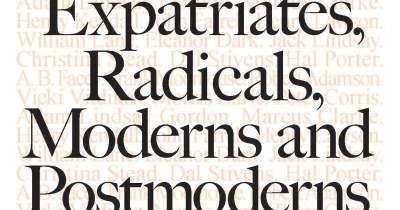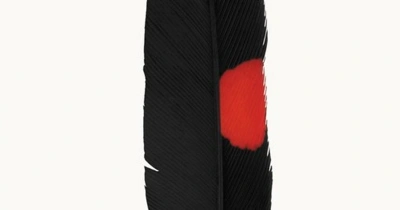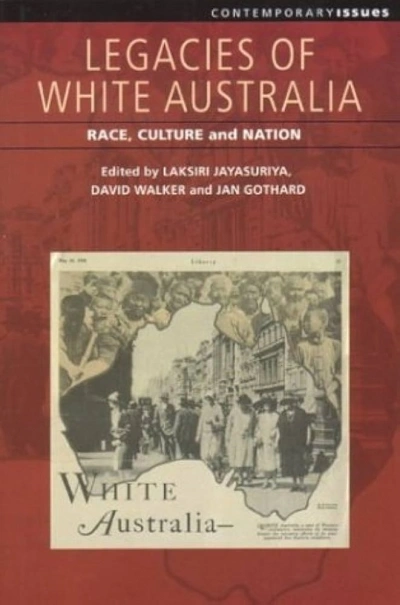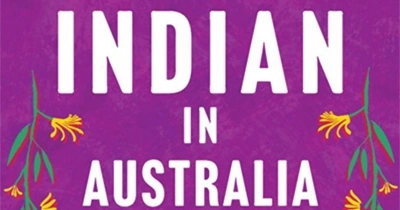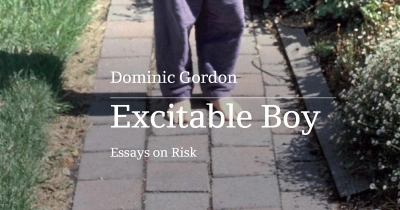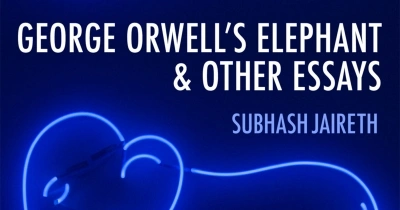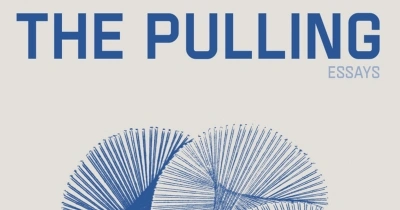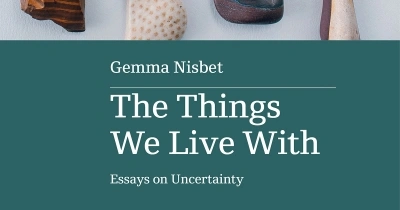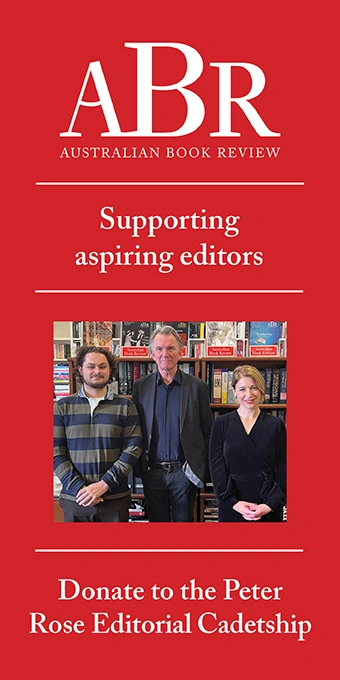Essays
The ABR Podcast
Released every Thursday, the ABR podcast features our finest reviews, poetry, fiction, interviews, and commentary.
Subscribe via Apple Podcasts, Stitcher, Google, or Spotify, or search for ‘The ABR Podcast’ on your favourite podcast app.
‘Rejecting the system it created’: How Trump’s America is reshaping Australia’s regional relations
by Rebecca Strating
This week on the ABR Podcast, we feature Rebecca Strating’s commentary ‘“Rejecting the system it created”: How Trump’s America is reshaping Australia’s regional relations’. While the second Trump administration presents a challenge for Australian policy makers, it also provides an opportunity for Australia, explains Strating, ‘to develop greater self-reliance in foreign policy and deepen relationships across Asia’. But what are leaders across Asia concerned about and how are they responding to the Trump administration? Strating provides a survey, noting that ‘most Southeast Asian nations have so far opted for hedging strategies that maintain relationships with multiple partners’.
Rebecca Strating is Director of La Trobe Asia and was this year awarded a Fulbright Scholarship in recognition of her contributions to the fields of strategic defence and international relations. Her most recent book, Girt by Sea: Re-imagining Australia’s security, was published by Black Inc. in 2024. Here is Rebecca Strating with ‘“Rejecting the system it created”: How Trump’s America is reshaping Australia’s regional relations’, published in the June issue of ABR.
Recent episodes:
Colonials, Expatriates, Radicals, Moderns and Postmoderns: Essays in Australian literature by Michael Wilding
by Philip Mead •
On This Ground: Best Australian nature writing edited by Dave Witty
by Nicole Hasham •
Essays That Changed Australia: Meanjin 1940 to today edited by Esther Anatolitis
by Wilfrid Prest •
Legacies of White Australia: Race, culture and nation edited by Laksiri Jayasuriya, David Walker and Jan Gothard
by Peter Sherlock •
Justice and Hope: Essays, lectures and other writings by Raimond Gaita
by Frank Bongiorno •
The Things We Live With: Essays on uncertainty by Gemma Nisbet
by Francesca Sasnaitis •



